Everyone knows the tag-line “In Space no one can hear you scream”. There’s a certain chill that ripples down your spine when you take a moment to really ponder that idea. The fear comes from the fact that in times of peril, it doesn’t matter how hard you try, no one will hear you and come to your rescue. That sense of the unheard and unseen is as chilling and horrifying as what appears before our eyes and what tickles sinisterly at our ears.
Some things are best left alone, if you enjoy a horror film then whatever formula it had going for it probably doesn’t need to be altered, at least not dramatically. The same can be said for games. These days new IP’s are like gold dust, even more so if they’re executed well. So instead what we have are a lot of sequels to games, some coming out as reboots, such as Tomb Raider and Hitman Absolution, others being shot at us in rapid succession.
Some games have a great backdrop to work with and manipulate the basic scare-ammunition they were given originally. Aliens: Colonial Marines isn’t necessarily a sequel, but it is part of a lineage of games set in the same universe. It’s safe to say that any potential element of fear that could have occurred in Alien Colonial Marines simply didn’t. There was a brief glimmer of hope in the sewer levels when you had to steadily, carefully and silently wedge through water without alerting blind greasy Xeno’s. Oh by the way they looked like this:
With horror games it seems that the more we get, the more drastically they will change from the original sheet of ideas that worked so well and the genre becomes diluted. Instead of AAA horror titles injecting suspense and fear into gamers, we’re now left with a joke rippled with a few shocker video moments.
Resident Evil is of course a primary victim of the depleted true horror sequel syndrome. When the first game came out, we had something truly scary and varied with. The game gave us jump scares, tense scares and atmospheric creepy tingles. If a game can do that several years ago, then you’d naturally assume as technology and confidence increases, those traits would improve. Yet it seems to be they dwindled and decayed. Resident Evil never had a consistent run in terms of great games, for every well received title that came out, a few intermittent weaklings would come next. Resident Evil 4 managed to successfully retain, whilst sprucing up the elements that had worked well for the series and is still a game that can holds up well today. RE 5 was heavy on the controversy and irritating in-game mechanics including partner AI. As for RE6, the latest in the series…well.
The curse of horror game sequels becoming less scary and enjoyable isn’t a confined issue, this can happen to many genres, but with horror you need to be careful. There should be a clear goal aside from the basic ideas of that genre of gaming and that is to elicit scares from the player. The more games you bring out, the bigger the risk of diluting associated fear and the more you worry about catering to budgets and action, it strays from what makes for a horror game.
Dead Space is a series that revamped the genre momentarily, and more or less kept the same formula running. Introducing new concepts of horrific enemies and methods of dispatching them permanently is great, but forgetting the balance that keeps things tense and scary is seemingly easy. We are currently unsure if there will be a fourth Dead Space game in the series.
Silent Hill has quite a bundle of games under its helm, but let’s look at the core principles behind it – you are trapped in a creepy foggy town where against your will are transported back and forth between the town (which is already a deathtrap) and a hell world. Any weapons need to be used wisely, running is often a better alternative and your own mind can’t be trusted, let alone your eyes. That is horror. You bring out too many sequels and spins offs and naturally it will wear down, you add too many guns to the roster and the element of fear that came from not knowing if you will survive dwindles, because you feel safe with your guns and your lights.
Silent Hill and Resident Evil were both rough around the edges in terms of graphics and design, but that worked in their favour. The more polished a game becomes aesthetically, the less likely it is to unnerve the player. How can we expect to be scared of well chiselled jaws and shiny locations coupled with big guns? Give us a rough, dreary setting, a few jagged basic weapons and games that require us to think. Throw in an eerie score and well written story and there you have it, the simple background for a potentially great horror game. It has worked before.
Instead of churning out too many games in a row, perhaps the big names in horror games should take a step back, strip themselves bare and rethink. What truly causes anxiety and fear in us? Vunerability.
Games like Amnesia and Siren to name a few are games where you only defence against evil monsters is to try and avoid them altogether. Hide, run and remain absolutely silent.
With each Resident Evil, Dead Space and Silent Hill that comes out, they all begin to merge together and they don’t even really shine within their own genre. They just become 3rd-person shooters where the monsters are macabre looking Giger diner party guests. You may as well play Halo and put zombie stickers on your TV screen. Comfort and the need to appease the masses seems to be primary reasons for the decline of scary sequels. Rinse and repeat is fine and dandy, but when you are blind to washing out the elements of fear completely then it becomes worrying.
Obviously I’m saying saying that games need to omit action and weapons entirely, not at all. But we need to stop being in a rush, chewing away at what once made a gaming series memorable and unique. In a weird way I’m going to say something that applies to horror genre games and sweet sweet lovemaking. The quiet, slow build up is a lot more satisfying than the big bang. The issue could come down to simple writing, but it’s hard to overlook how these days rush games are becoming a niche and that games that are making big bucks like Call of Duty are pressurising developers to focus on more action, than suspense because they think that’s where the most cash is. Sequels are losing their ability to scare us or offer us something uniqe, making us turn towards indie titles who aren’t afraid to take a chance. Maybe developers need to stop being afraid and give us games that make us terrified.
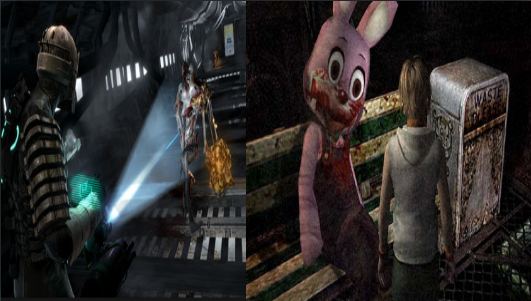
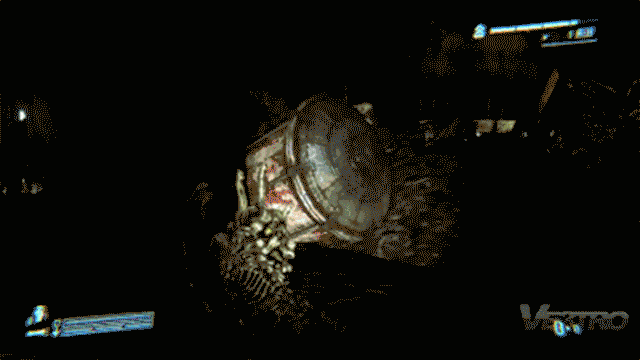


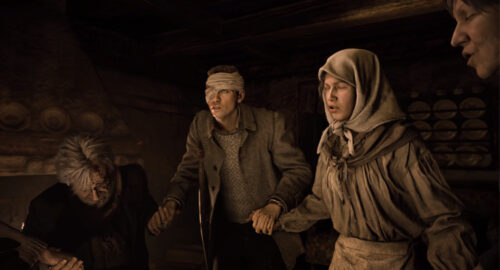
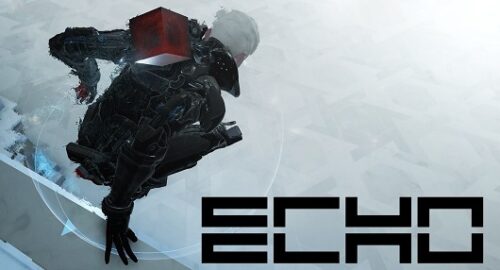
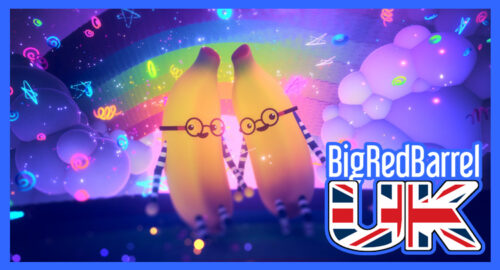
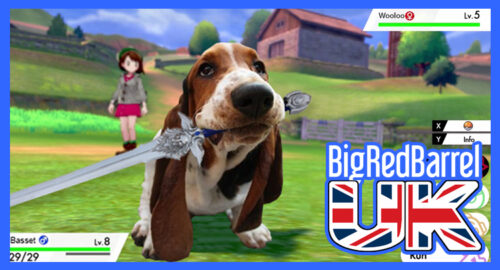
Diarmuid
Good article Claire.
Your point that sequels end up diluting the scares in games is well-made. I actually see the genre going the same way as it has in film, that is to say, lower-budget and indie. Games like Slender and Anna are where you are going to find the best horror titles and the bigger budget games will probably end up like the Saw series, boring, repetitive and more importantly, not scary.
Glowbear
Then there’s the Saw games…
Thanks Diarmiud.
One of my big frustrations with the horror genre and well hollywood in general is this whole notion of rebooting (sometimes rebooting reboots) and going for scrips that are all quite similiar. Mama and The Possession for example were both very samey (though decent flicks in their own right). These days if I see a horror film with a number after it, unless it’s [REC], I’m not likely to get too keen and the same can now be said of horror games.
Those smaller budget games (Slender and Anna are great examples too) are scarier and have a great fanbase that if tapped into by big budget developers could make them money and satisfy horror-centric gamers.